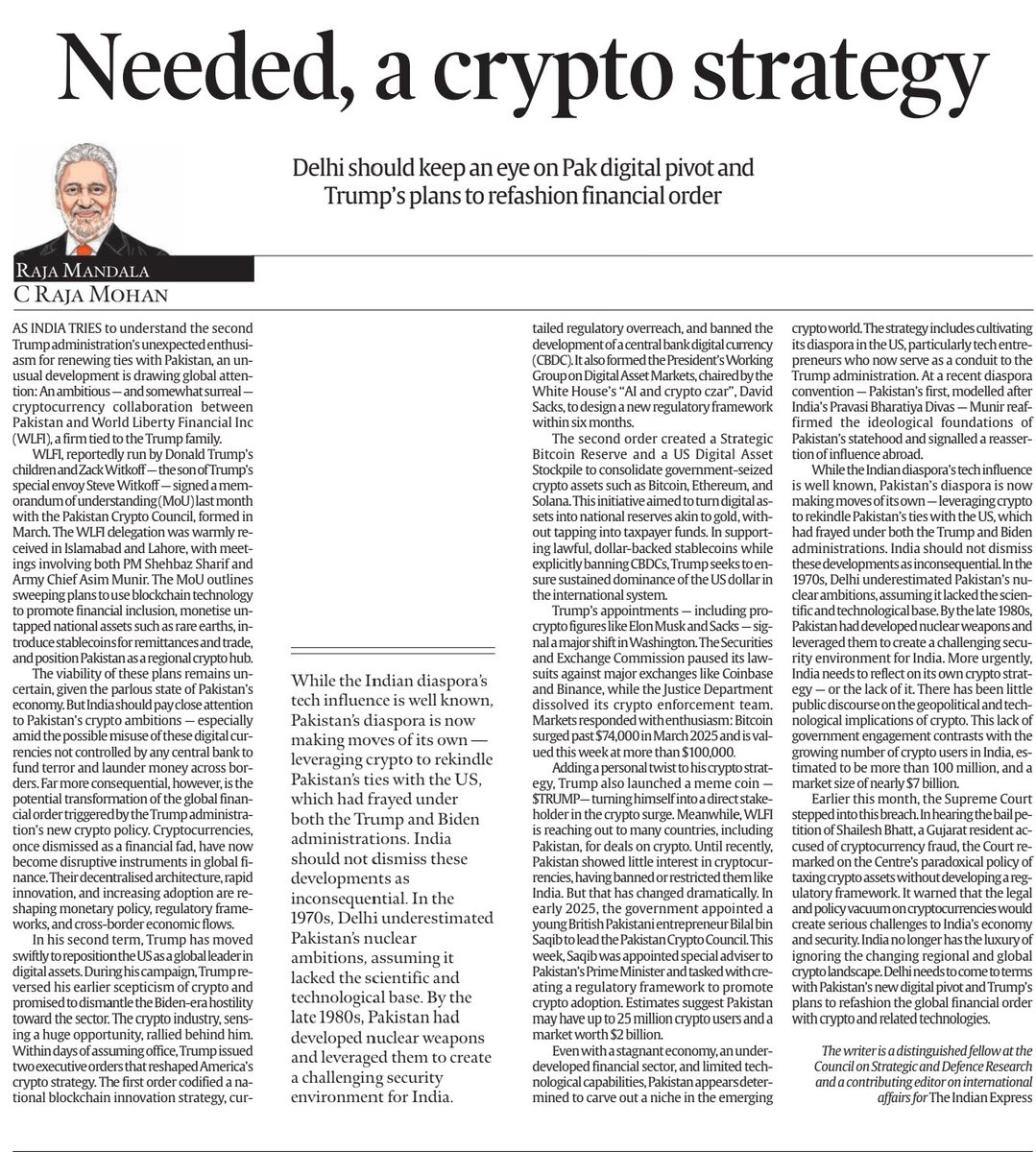—
Unpacking Artificial Intelligence: A Transformative Force Across the Globe
Artificial Intelligence (AI) is no longer science fiction; it has become an integral part of our daily lives and a powerhouse driving the next wave of innovation. From automating routine tasks to influencing geopolitics, AI’s reach is profound and multifaceted. This report takes a deep dive into AI’s current landscape, its strategic implications, and what it means for nations and individuals in the years ahead.
—
Introduction: AI’s Journey from Concept to Catalyst
The story of AI is one of relentless progress. Originally born as an academic curiosity in the mid-20th century, AI has evolved into a transformative technology with the potential to reshape economies, governments, and societies. Its capacity to process vast data, learn from patterns, and make decisions is revolutionizing countless sectors, challenging traditional norms, and opening new frontiers.
But with great power comes a new set of complexities. How countries harness AI could redefine global power structures. Moreover, AI challenges ethical norms, labor markets, and security frameworks, requiring nuanced understanding and strategic foresight.
—
The Foundations of AI: Simplifying the Complex
Artificial Intelligence broadly refers to systems capable of tasks that traditionally require human intelligence. These include learning from data (machine learning), understanding language (natural language processing), and perceiving environments (computer vision).
AI models operate through algorithms trained on massive datasets, learning patterns to make predictions or decisions. The better the data and algorithms, the smarter the AI.
Examples range from recommendation engines on streaming platforms to autonomous vehicles navigating complex roads. But beyond consumer applications, AI is transforming industries like healthcare, finance, manufacturing, and defense—becoming a critical driver of innovation and efficiency.
—
AI and Geopolitics: The Emerging Global Power Play
The race to develop and control AI technology is fast becoming a defining element of 21st-century geopolitics. It’s not just about who owns the smartest algorithms but about who can integrate AI into their economic, military, and social frameworks most effectively.
These dimensions illustrate how AI is becoming a strategic asset that transcends technology, embedding itself deeply into the fabric of international relations.
—
AI Market Dynamics and Technological Trends
Examining the AI industry today reveals rapid expansion, innovation, and competitive pressures:
– Investment Surge: Global AI investment recently surpassed hundreds of billions of dollars annually, with tech giants and startups alike racing to develop cutting-edge models and applications. Venture funding continues pouring into AI-enabled startups focusing on diverse sectors from biotech to fintech.
– Generative AI Breakthroughs: Models like GPT-4 and beyond have unlocked new capabilities in natural language generation, coding, and creative content creation. These advances herald a new era of human-machine collaboration but also bring challenges around misinformation and authenticity.
– Edge AI and IoT Integration: AI is increasingly moving closer to devices (edge computing), enabling real-time decision-making without reliance on distant servers. This trend is crucial for autonomous vehicles, smart cities, and industrial automation.
– AI and Cybersecurity: As AI capabilities grow, so do threats. Malicious actors use AI for sophisticated cyber-attacks, deepfakes, and phishing. Conversely, AI-driven defense systems are becoming vital in detecting and mitigating emerging cyber threats.
—
Societal Implications: Opportunity and Challenge
AI’s infusion into everyday life presents numerous benefits such as personalized healthcare, smarter education, and improved productivity. However, these come with caveats:
– Workforce Disruption: Automation threatens traditional jobs, particularly roles involving routine, repetitive tasks. Reskilling and adaptive social policies will be critical to mitigate economic displacement.
– Bias and Fairness: AI systems trained on skewed data risk perpetuating or exacerbating social biases. Transparent algorithms and diverse datasets are essential to build trust and fairness.
– Privacy Concerns: AI-driven surveillance and data collection pose unprecedented challenges to individual privacy, necessitating robust legal frameworks balancing innovation with rights.
– Ethical Quandaries: Decisions AI systems make, from loan approvals to medical diagnoses, raise profound ethical questions about accountability and human oversight.
—
Country Profiles: Who’s Leading the AI Race?
—
Towards a Thoughtful AI Strategy for the Future
Given the transformative potential of AI and its strategic reverberations, nations, organizations, and individuals must craft thoughtful approaches:
– Develop national AI strategies integrating innovation, regulation, ethics, and education.
– Foster international cooperation on AI governance to manage risks and share benefits equitably.
– Invest in AI literacy to prepare the workforce for evolving job markets.
– Ensure AI systems are transparent, fair, and respect human rights.
– Prioritize cybersecurity to protect AI infrastructure and data integrity.
AI is not a mere technological fad but a force shaping global civilization’s next chapter.
—
Conclusion: AI as the New Frontier of Global Influence
Artificial Intelligence stands at the crossroads of technological capability and societal impact. Its ongoing evolution promises profound benefits but also complex, novel challenges. The geopolitics of AI will influence economic hierarchies, military power, social norms, and ethical debates for decades.
Mastering AI’s potentials and perils requires not just technological strides but careful, inclusive strategies that place human values at the center. As the world navigates this intricate landscape, the question remains: which countries and communities will harness AI not simply as a tool for progress but as a holistic force for sustainable and equitable growth?
—
Useful Links
– Stanford AI Index Report 2023
– OECD Principles on AI
– MIT Technology Review – The State of AI
– World Economic Forum – AI Governance
– McKinsey Global Institute – The Future of Work
—





